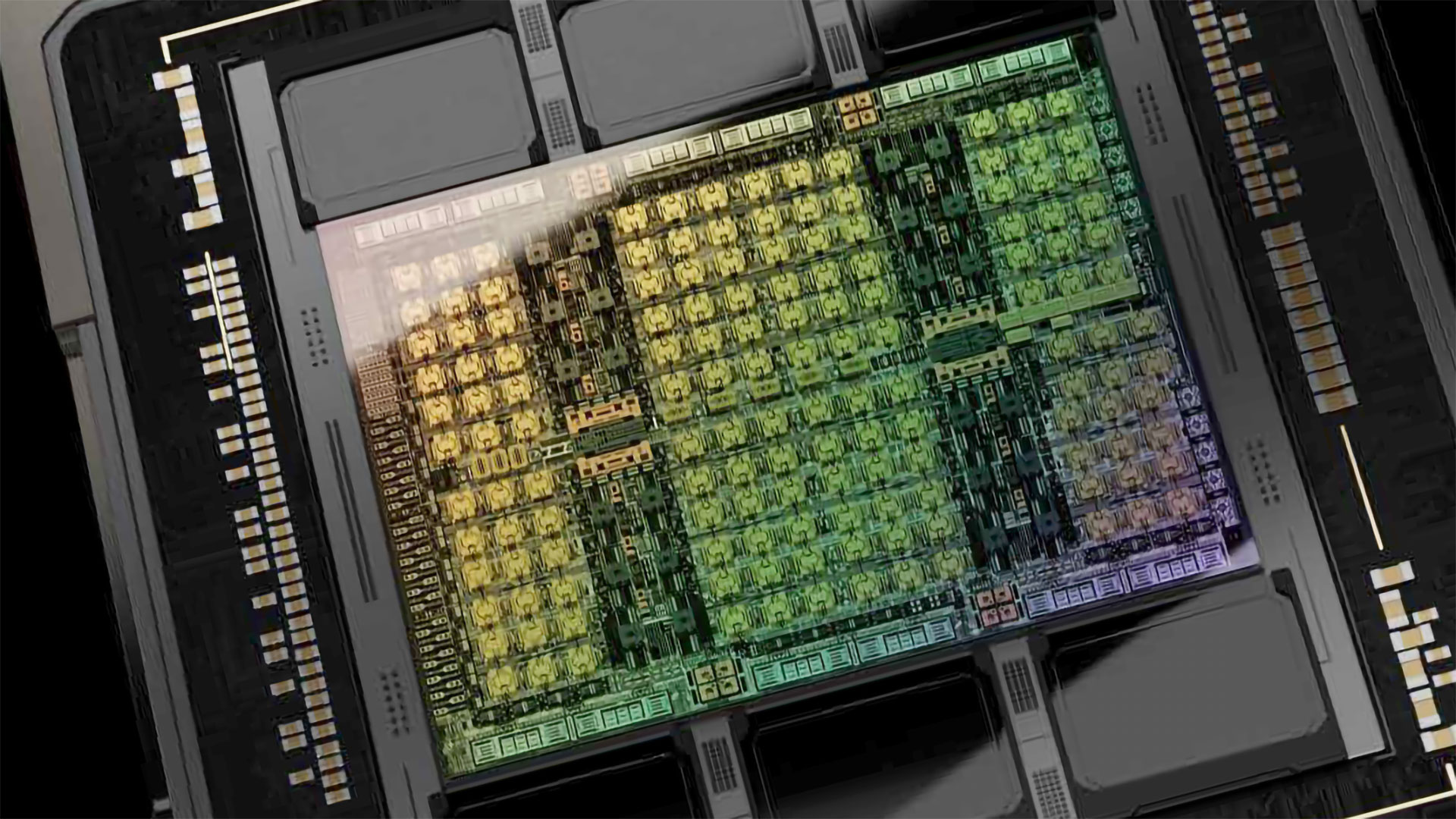
The U.S. government has pulled back from its plan to block Nvidia's H20 HGX GPU exports to China, following a meeting between the U.S. President Donald Trump and Nvidia's chief executive Jensen Huang at a $1 million-a-head dinner.
During the tête-à-tête Huang vowed to invest in domestic AI infrastructure, reports NPR. The Trump administration reportedly planned to ban sales of Nvidia's H20 HGX GPUs to China starting this week, but changed its mind.
The U.S. had spent months preparing new restrictions on shipments of H20 HGX GPUs — the highest-performing AI GPUs still permitted for sale in China — and those measures were set to take effect as early as this week, according to NPR, which cites two sources. The change in course followed a dinner at Trump's Mar-a-Lago resort, which Nvidia chief executive Jensen Huang attended, reportedly at a $1 million admission fee. Shortly afterward, the company reportedly promised to pour more money into U.S.-based AI data centers, a move that helped ease concerns from the administration.
As it turns out, the Trump administration planned to ban shipments of Nvidia's H20 to China even ahead of May 15, when the Biden administration's AI Diffusion Rule is set to come into effect and prohibit sales of all American AI processors to Chinese entities. Under the new AI Diffusion Rule, China is effectively blocked from getting American processors as license exceptions that take into account limited performance or limited quantities will not apply to high-risk countries, including China.
Nvidia tailored its H20 GPU to specifically fit into total processing performance (TPP) metric allowed for exports to China. The AI Diffusion Rule introduces the low processing performance (LPP) exception that allows American companies to ship a limited number of GPUs that meet TPP thresholds to customers in the so-called Tier 2 countries (outside of the U.S. and its 18 allies) without a license.
However, China cannot use LPP to legally obtain even minimal amounts of advanced U.S. AI processors as all AI processor exports to China require a license, and the default position is to deny them, making it extremely difficult for Chinese firms to legally acquire advanced AI hardware from the U.S.
For Nvidia, this is a major problem, as it reportedly sold $16 billion worth H20 GPUs to China entities in the first quarter of calendar 2025. However, it is unclear whether Nvidia is now allowed to sell H20 till May 15, or after May 15 too. If the latter is the case, we can only wonder whether to enable H20 exports to China the Trump administration will have to alter the Biden administration's AI diffusion rule, axe it altogether, or grant Nvidia export licenses to sell to big customers.







